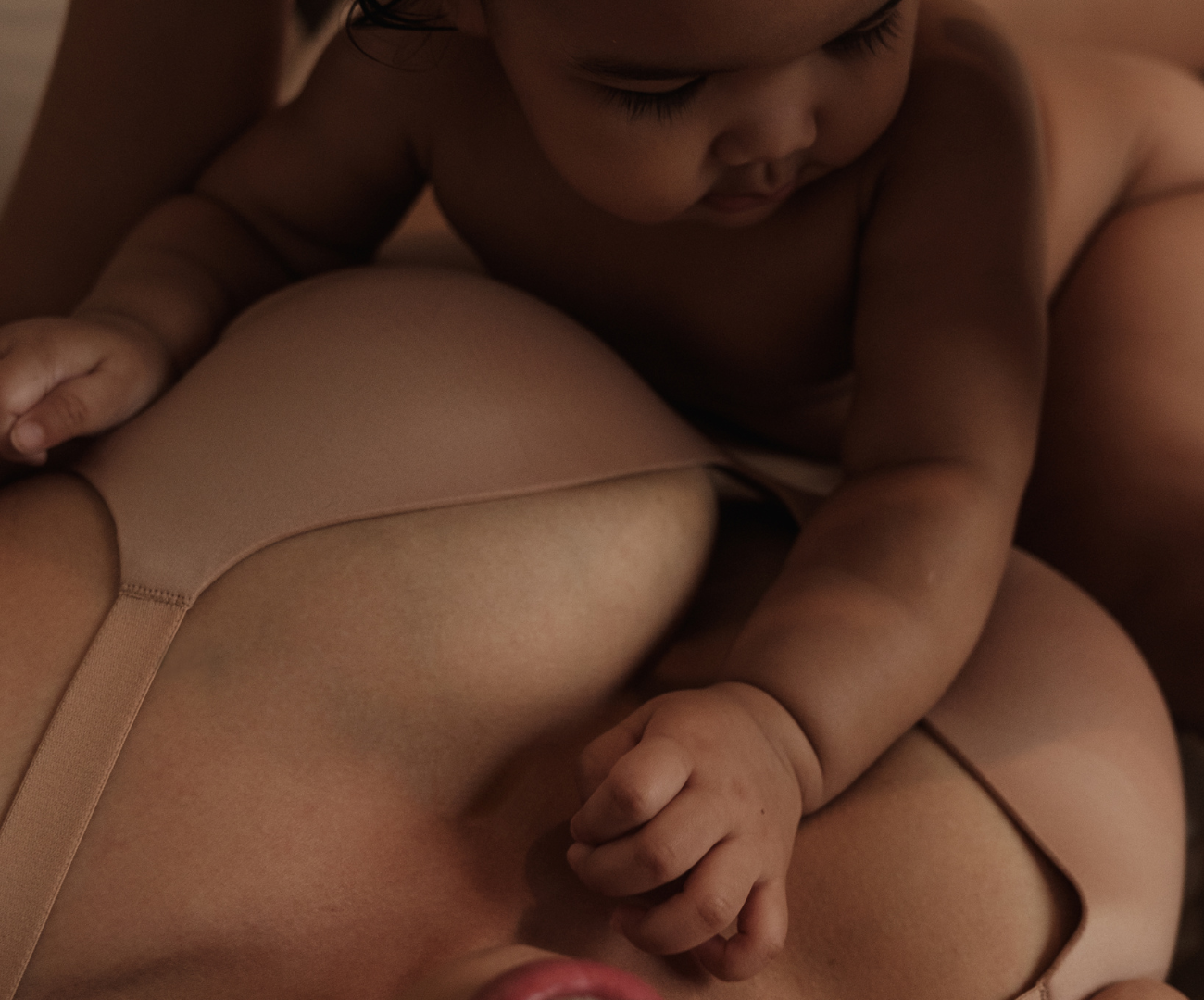Nipple & Breast Care
Shop supportive tools to care for your breasts before, during, and after feeding. Made with intentional, research-backed ingredients and materials.

15 products
FREE USPS GROUND SHIPPING ON US ORDERS $125+. SHOP NOW
